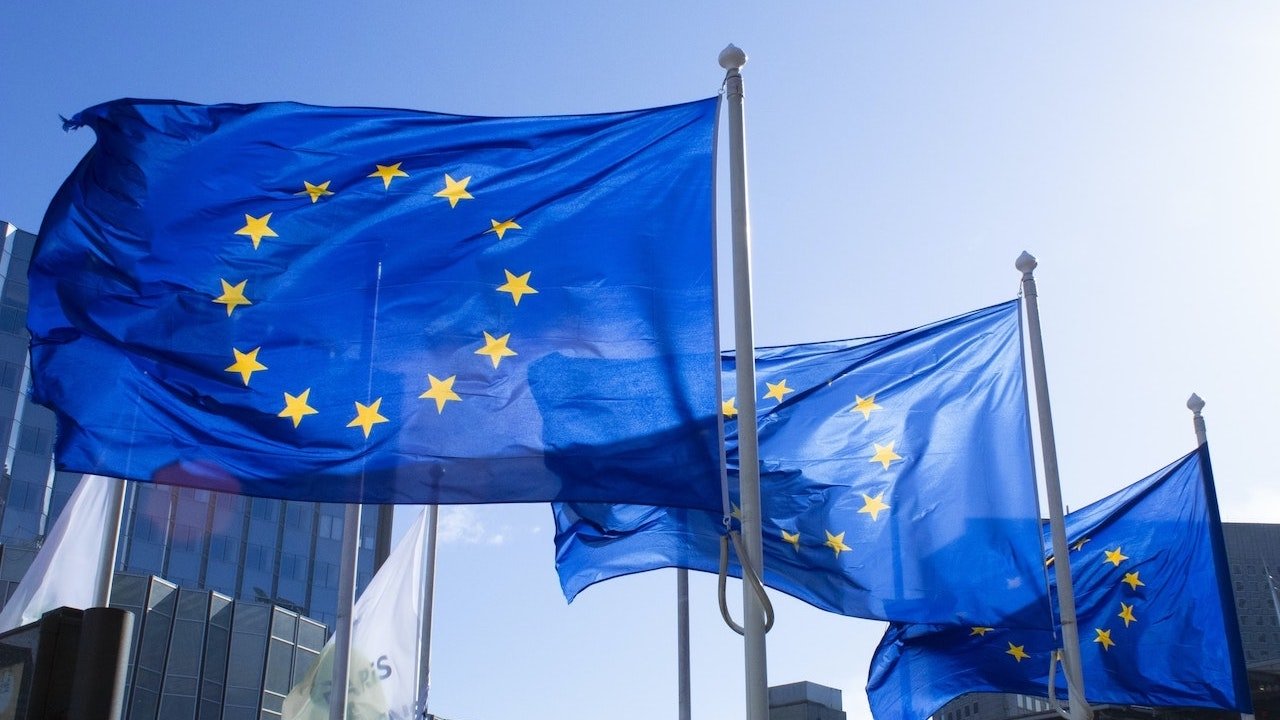EU companies are complaining that US big tech is ignoring a new antitrust law
European media and technology companies have signed a letter stating that tech giants such as Apple, Amazon, Google, and Microsoft have neglected their obligations to comply with the EU's Digital Markets Act.

European Union flags
Those who have signed the letter express concerns that tech giants aren't "engaging in a dialog with third parties or have presented solutions falling short of compliance" with the European Union's Digital Markets Act (DMA).
The signatories "urge the European Commission and the European Parliament to use all within their power to ensure that the gatekeepers comply with both the letter and spirit of the DMA, starting from 7 March 2024."
Currently, 24 companies that have signed the letter, according to CNBC, including:
- Adevinta
- Allegro
- Billiger.de
- Ceneo
- CompareGroup
- Ecosia
- Element
- Favi
- Heureka Group
- Idealo
- Kelkoo
- Ladenzeile
- Le Guide.com
- OLX
- Open-Xchange
- Panther Holding GmbH
- Preis.de
- Prisjakt
- Proton
- Qwant
- Runnea
- Schibsted
- Solute
- Vipps
The Digital Markets Act (DMA) of the European Union is a series of regulations aimed at big tech "gatekeepers." Any large company with a monthly total of 45 million active users in Europe and at least 75 billion euros ($80 billion) in market capitalization is labeled a "gatekeeper."
Currently, there are six companies labeled as gatekeepers, including Apple, Amazon, Google, Meta, Microsoft, and TikTok's parent company, Bytedance.
These laws aim to ensure fair competition by restricting the priority a company can give its own first-party services. Gatekeepers are expected to comply with the regulations by March 7. Failure to comply with the DMA rules could trigger an EU investigation, which might lead to "behavioral or structural remedies."
According to the DMA, companies that act as gatekeepers must ensure fair competition by providing equal opportunities to their competitors' products and services. This means that Apple, for instance, would have to allow third-party app stores and side-loading apps on iPhones. Additionally, Apple would be obliged to permit developers to use third-party payment systems instead of mandatorily using the one provided by Apple.
In November, Apple drafted an appeal against the DMA, arguing that it should not be required to allow alternative app marketplaces on its devices.
The Cupertino-based tech giant later accused the European Union of incorrectly assessing how many app stores it had -- clarifying that it has five app stores, not one.
In September, Apple received a temporary exemption from the DMA. The company claimed that its messaging service, iMessage, was not large enough to qualify as a gatekeeper service. EU regulators are now investigating whether the DMA applies to iMessage or not.
Read on AppleInsider

Comments
Remarkable how far behind the EU has fallen behind
I know it's wrong to think like that, but it feels so hilarious.
Serious question: suppose I load some dreadfully (or maliciously) coded app that seeks to occupy all the processor cores at 100% all the time in the background. My battery then lasts for a much shorter time than Apple said it would, so I innocently claim I have a faulty phone. Or, I have to recharge it so frequently that it needs a new battery within the warranty period. There must be lots of examples, much more serious than this contrived example, where Apple would spend time offering support etc but be unable to help (‘cos they don’t know about the app I’m using).
Why would any company proactively "engage in dialog"? The EU threatened the companies now the EU need to carry out their investigation(s) and spell out what the company violated and the recommended "behavioral or structural remedies." Doing that may generate some dialog.
Oh, wait an investigation costs money and months to conduct /s
Have fun with that, guys. If the EU gov thinks it can innovate in tech, let them try competing in the private sector with their "great" ideas.